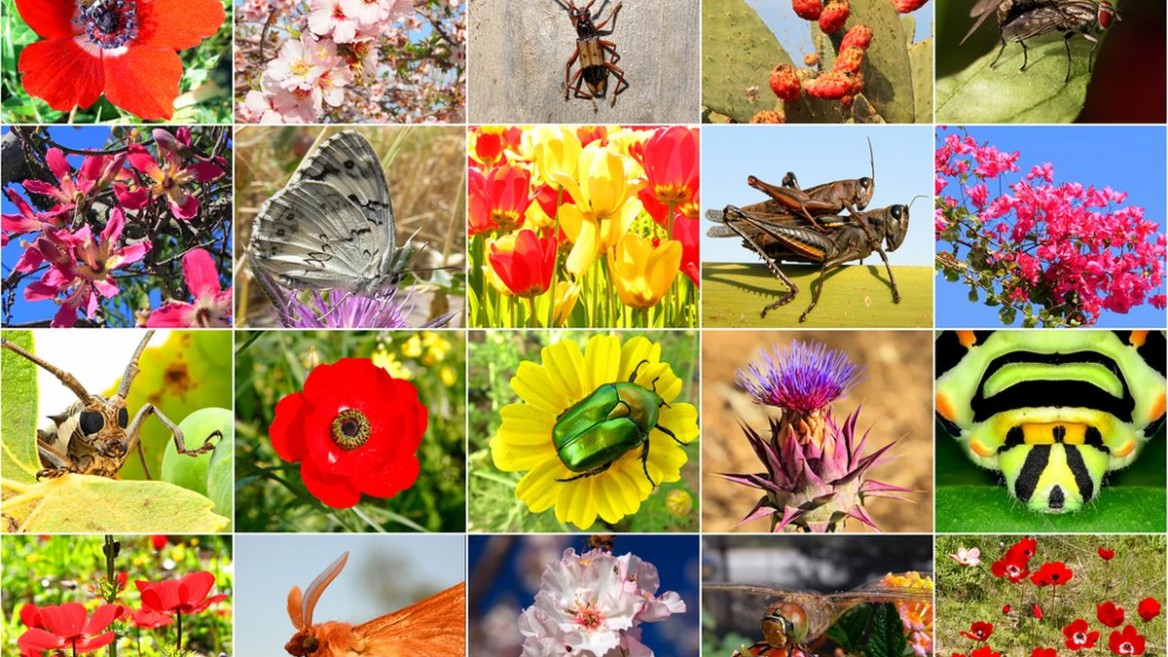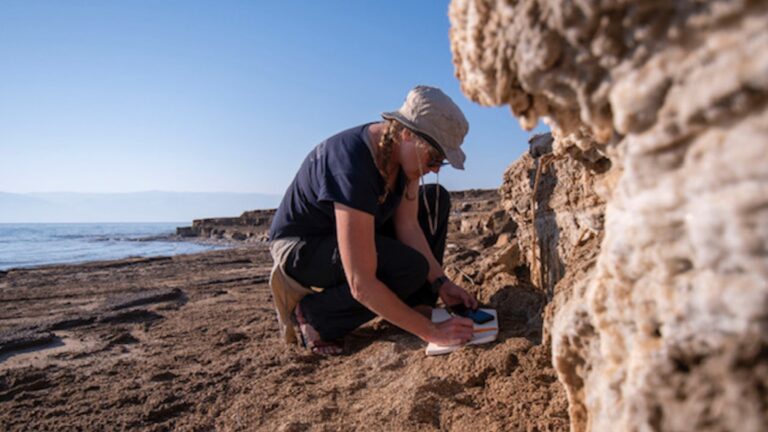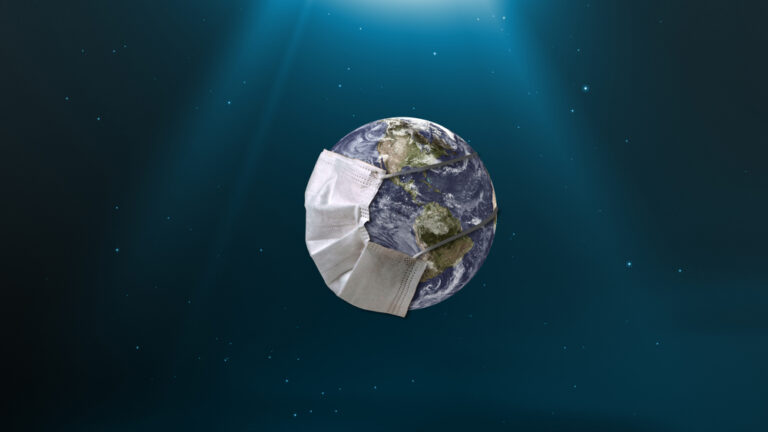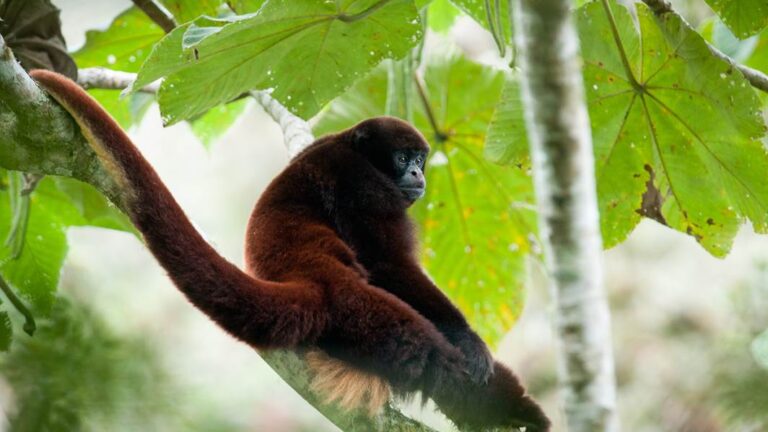If you could save the planet with pocket change, would you contribute?
A multinational group of environmentalists, scientists and leaders, led by an Israeli professor, are offering the chance to do just that.
Deeply concerned by the sharp decline in global biodiversity, they’ve launched a crowdfunding campaign aiming to raise $25,000 toward founding This-Is-My-Earth.org (TIME), an organization that would enable anyone to participate in purchasing land in biodiversity hotspots.
“The planet is facing an unbelievable crisis, but because it is happening gradually none of us is alarmed or thinks we can stop it,” says Ben-Gurion University environmental policy professor Alon Tal, one of the eight initiators of the TIME project.
“The common denominator among us is that we don’t want to look back 30 years from now and say, ‘Gee, there was an opportunity to save habitats and we missed it.’”
TIME is the brainchild of Prof. Uri Shanas, a conservation biologist at the University of Haifa and at Oranim, a teachers college in northern Israel. He’s now a visiting researcher at Portland State University in Oregon.
“Uri is a great person, a very brilliant ecologist and activist who decided he couldn’t watch the massive loss of habitat and the collapse of biodiversity without doing something big,” Tal tells ISRAEL21c. “We’ve both been involved in this cause in Israel academically and politically, but this is the first time we’re reaching outside the borders of Israel.”
Though other environmental organizations are already making land purchases for the same reason, TIME has a uniquely democratic approach geared to involving anyone with more passion than cash.
A very low membership fee (perhaps one euro) would buy the right to vote on where money will be invested, with the guidance of a professional volunteer advisory committee. Donators of $25 and more will receive a lifetime membership in the organization.
Tal says the priority would be placed on hotspots that have at least 150 endemic species and have suffered 70 percent losses — usually in the tropics such as rainforests, but also in the Mediterranean region.
All funds raised would go toward land purchases rather than administrative costs or salaries, adds Tal, the longtime chair of the International Conference in Drylands and Desertification held at BGU in conjunction with the United Nations. TIME plans to work with existing organizations and individuals with experience in purchasing land to save habitats and biodiversity.
Going viral to save the planet
On June 30, Shanas told ISRAEL21c that the 85 contributions thus far to the crowdfunding campaign came from Israel, the United States, Canada, New Zealand, Australia, Croatia and Belgium.
“Contributors are mostly giving $10, $20, $50,” reveals Tal, speaking from Beijing where he is teaching this summer at Renmin University. “These are people who want to do something to help the world’s ecosystem survive and can afford $10 toward that goal.”
Shanas notes that most of the world’s hotspots are located in poor countries. “After TIME becomes established, we will offer members the opportunity to fund the membership of citizens from low-income countries. Later, supporters will have the opportunity to provide isolated communities with the needed technological infrastructure, to assist them in joining this global venture.”
The other team members include Wanjira Mathai, director of International Affairs at the Green Belt Movement in Kenya and a board member of the Wangari Maathai Institute for Peace & Environmental Studies; Konstantinos Makris of the Cyprus International Institute for Environmental and Public Health; David Baldock, executive director of the London- and Brussels-based Institute for European Environmental Policy; Eyal Shani, an Israeli software and technology consultant and entrepreneur; Clive Jones, an award-winning ecologist and senior scientist at the Cary Institute of Ecosystem Studies in New York; and Nick Haddad, a biology professor at North Carolina State University specializing in the study of habitat loss and its ecological effects.
“The world is connected in ways it never was before, and all kinds of things like music can go viral,” Tal notes. “How wonderful it would be to go viral in saving our planet!”
For more information, click here

















